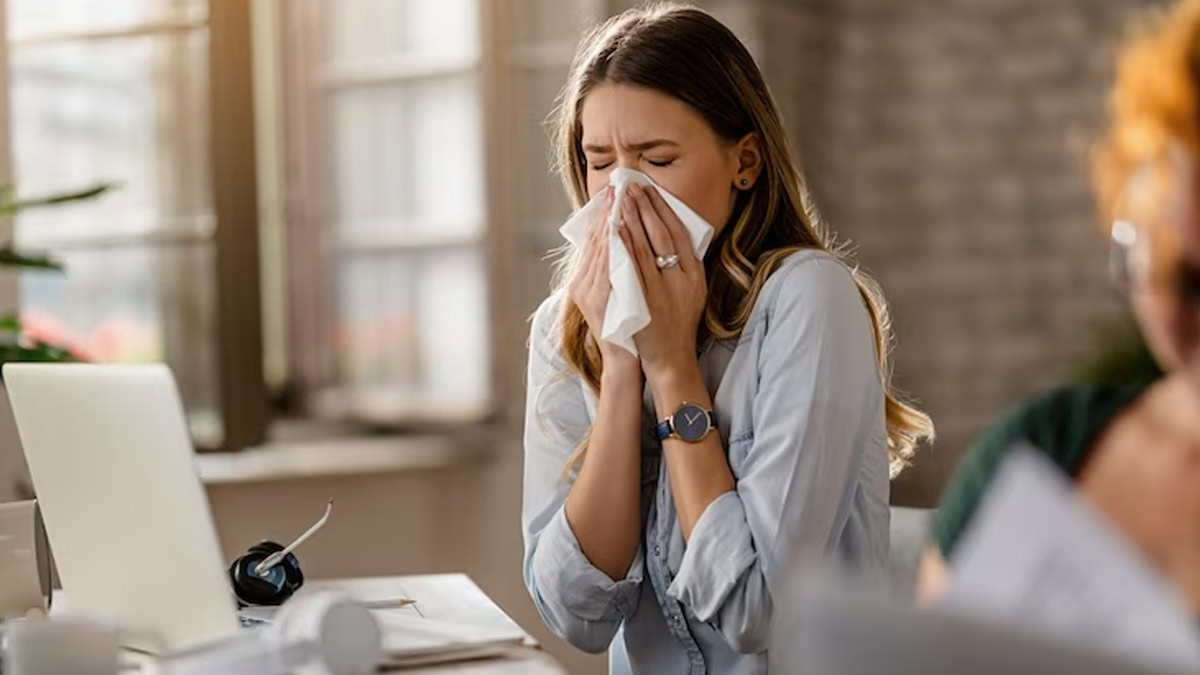
Living with an allergy can be discomforting, which can cause breathing problems, persistent wheezing or coughing, and a runny nose. There are many effective ways to manage allergies, and taking an allergy shot is one of them. To learn more about how vaccines can help manage allergy, we spoke to Dr Somnath Gupta, Consultant Physician and Diabetologist, Yashoda Hospitals, Hyderabad.
What are Allergy Shots?
Dr Gupta said, "Allergy shots are a form of immunotherapy that can help to reduce or eliminate the symptoms of inhalant allergies and stinging insect allergies." He added, "Allergy shots are the only potential cure that is FDA-approved for certain types of allergies. They work by introducing small amounts of the allergen into the body through a series of injections over time. This helps the body develop immunity to the allergen and create new antibodies to fight against it."
Also Read: Allergy Vs Cold: Expert Explains The Difference Between The Two
Who can Take Allergy Shots?

Dr Gupta added, "If medications like antihistamines do not work or produce too many side effects, or if you have asthma triggered by allergies, allergy shots may be an option for you." He added, "They may also be recommended if you are at risk of developing anaphylaxis when exposed to an allergen on an insect bite. Additionally, you can get allergy shots if you cannot effectively avoid allergy triggers or if your symptoms flare back up every time you try to reduce your medications.
Who Shouldn’t Take Allergy Shots?
Dr Gupta said, "Allergy shots are not a cure for food allergies, and they are not recommended for children under five, people with severe asthma, heart disease, or pregnant women. Additionally, if you have a fever, rash, asthma symptoms, or increased allergy symptoms, you should not receive an allergy shot.
Effectiveness of Allergy Shots

One of the benefits of allergy shots is that they can provide long-term relief after the injections have stopped. Some people who have received allergy shots may no longer need medications for their allergies. However, it can take up to a year of maintenance shots before you see results. Some people may notice benefits early on in the maintenance phase, but it is important to stick with the treatment plan to see the full benefits.
Also Read: Oral Allergy Syndrome: Causes, Symptoms, And Treatment As Per Expert
What are the Side-Effects of Allergy Shots?
It is also important to be aware of the potential side effects of allergy shots. Dr Gupta said, "Common side effects of allergy shots may include an erythematous rash at the site of injection, upper respiratory symptoms like sneezing and nasal congestion, and itching over the skin. These side effects are generally mild and can be managed with over-the-counter medications or by adjusting the dosage of the allergen."
He added that in rare cases, more serious side effects may occur, such as urticaria or anaphylaxis. This is why it is important to receive allergy shots under the supervision of a trained healthcare professional who can monitor your reactions and respond quickly if necessary.
Conclusion
The effectiveness of allergy shots may be impacted by factors, such as poor compliance, higher allergen exposure, or stopping shots because of reactions. It is important to follow the recommended treatment plan and communicate with your healthcare provider if you have any concerns or questions about your treatment.
Image Credits: freepik







